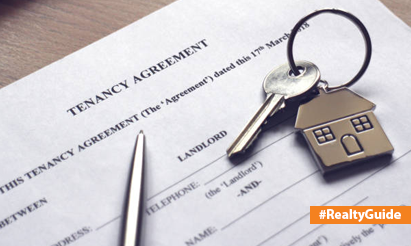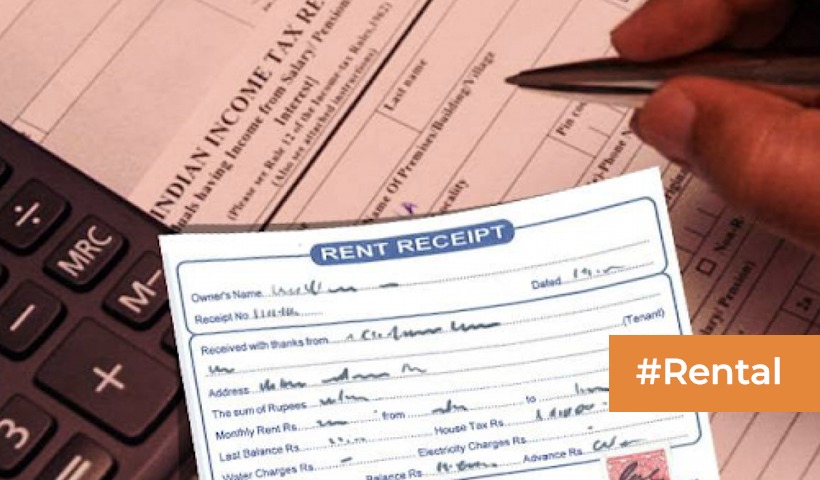Security Deposits in Indian Rent Agreements: Everything You Need to Know!
A security deposit, also known as a caution deposit, is a sum of money paid by a tenant to a landlord as a guarantee for the performance of the rental agreement. It serves as a form of security for the landlord in case the tenant breaches the terms of the agreement, causes damage to the property, or fails to pay the rent.
Legal Provisions
The Model Tenancy Act, 2021, governs the regulation of security deposits in India. This Act provides a framework for the maximum amount of security deposit that can be charged, the process of refund, and the circumstances under which deductions can be made.
Amount of Security Deposit
The Model Tenancy Act, 2021, sets a limit on the amount of security deposit that can be charged. For residential properties, the security deposit cannot exceed two months’ rent. For non-residential properties, the security deposit cannot exceed six months’ rent.
Payment of Security Deposit
The security deposit is typically paid by the tenant to the landlord at the time of entering into the rental agreement. It is advisable to obtain a receipt for the security deposit payment, clearly mentioning the amount, date, and details of both parties.
Refund of Security Deposit
The security deposit is refundable to the tenant upon the termination of the rental agreement, provided the tenant has fulfilled all their obligations under the agreement. The landlord is required to refund the security deposit within one month of the tenant vacating the premises. However, the landlord may deduct any amount from the security deposit to cover any damages caused to the property or unpaid rent.
Deductions from Security Deposit
The landlord can deduct from the security deposit to cover the following expenses:
- Damages to the property: The landlord can deduct the cost of repairing any damages caused by the tenant to the property, beyond normal wear and tear.
- Unpaid rent: The landlord can deduct any unpaid rent from the security deposit.
- Utility charges: If the tenant is responsible for paying utility bills but has not paid them, the landlord can deduct these amounts from the security deposit.
Dispute Resolution
In case of a dispute regarding the security deposit, the tenant or the landlord can approach the Rent Authority for adjudication. The Rent Authority is a quasi-judicial body established under the Model Tenancy Act, 2021, to resolve disputes between tenants and landlords.
Additional Considerations
- Interest on Security Deposit: The Model Tenancy Act, 2021, does not mandate the payment of interest on the security deposit. However, some states may have their own laws regarding interest on security deposits.
- Foreclosure and Security Deposit: If the property is foreclosed, the security deposit may be transferred to the new owner. The tenant should ensure that they receive the security deposit from the new owner.
- Joint Tenants and Security Deposit: If there are multiple tenants, the security deposit can be paid jointly or individually. The rent agreement should clearly specify the liability of each tenant for the security deposit.
Disclaimer: The views expressed above are for informational purposes only based on industry reports and related news stories. PropertyPistol does not guarantee the accuracy, completeness, or reliability of the information and shall not be held responsible for any action taken based on the published information.




